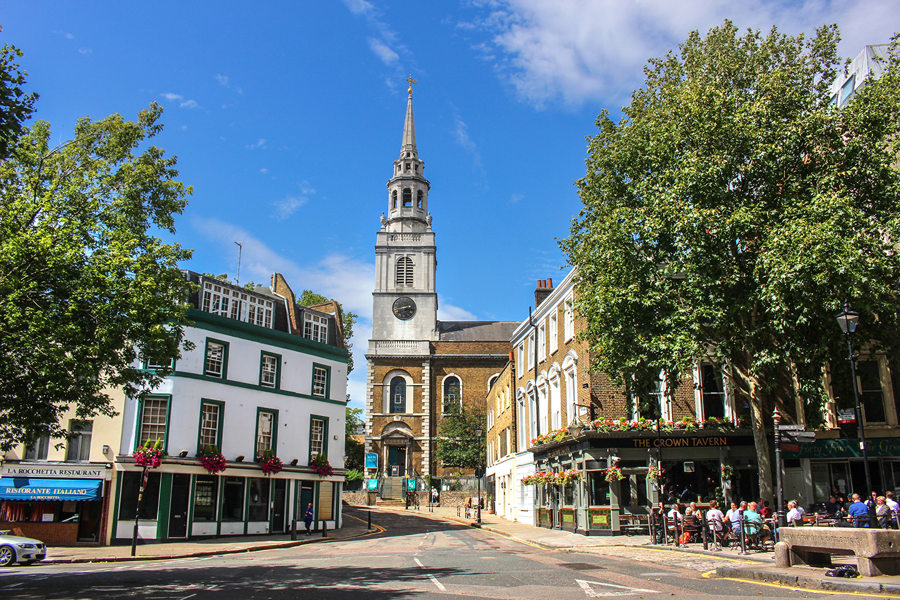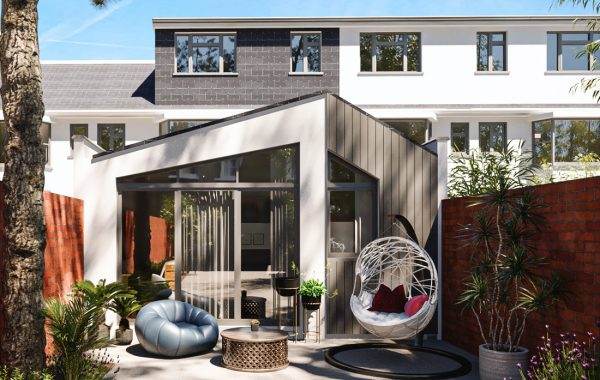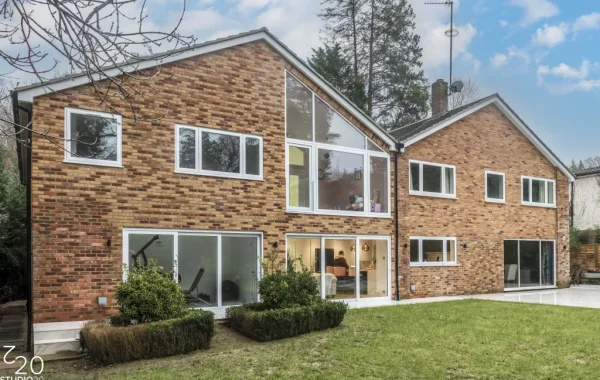Unveiling the Hidden Potential: Islington Clerkenwell Basement Conversions
In the heart of London, the borough of Islington holds a treasure trove of architectural gems, and among them, the basement conversions in Clerkenwell stand out as a testament to the innovative use of urban space. These subterranean transformations not only breathe new life into historic properties but also serve as a model for sustainable development in densely populated areas.
Islington, with its rich history and diverse architecture, has long faced the challenge of limited space for expanding housing and commercial options. Basement conversions in Clerkenwell have emerged as a popular solution, offering a way to maximize existing structures without compromising the historical integrity of the neighborhood.
Basement conversions in Islington, particularly in the Clerkenwell area, showcase a harmonious blend of the old and the new. Property owners are recognizing the potential of their underground spaces, often reimagining them as contemporary living areas while preserving the historic façade above ground. This approach allows for the conservation of the area’s architectural heritage while meeting the demands of modern living.
Clerkenwell’s basement conversions provide a creative response to the challenge of limited space in urban environments. By utilizing below-ground areas, property owners can expand living spaces, create additional bedrooms, or establish functional workspaces without altering the outward appearance of the building. This efficient use of space has become a hallmark of Islington’s approach to sustainable urban development.
The basement conversions in Clerkenwell often result in versatile living spaces that adapt to the needs of the occupants. From home offices and gyms to cozy entertainment rooms, these below-ground areas are transformed into functional extensions of the home, enhancing the overall quality of living for residents.
Innovative design techniques are employed in Islington’s basement conversions to address the common concerns associated with below-ground living, such as limited natural light and ventilation. Clever architectural solutions, including light wells, skylights, and strategically placed windows, allow for an influx of natural light, creating bright and welcoming spaces.
Basement conversions contribute to a sustainable urban environment by repurposing existing structures instead of demolishing and rebuilding. This adaptive reuse approach minimizes the environmental impact associated with new construction while meeting the increasing demand for housing and commercial spaces in Islington.
While basement conversions in Clerkenwell offer numerous benefits, it’s essential to address potential challenges and considerations associated with this type of development. Issues such as waterproofing, structural integrity, and compliance with local regulations must be carefully navigated to ensure the long-term success of these projects.
Islington Clerkenwell basement conversions stand as a shining example of how historical preservation and modern urban development can coexist. Through thoughtful design and innovative repurposing of below-ground spaces, this borough showcases a model for sustainable growth and efficient use of urban real estate. As the trend continues to gain popularity, it’s likely that Islington’s basement conversions will inspire similar initiatives in other urban areas, redefining the possibilities of urban living.





